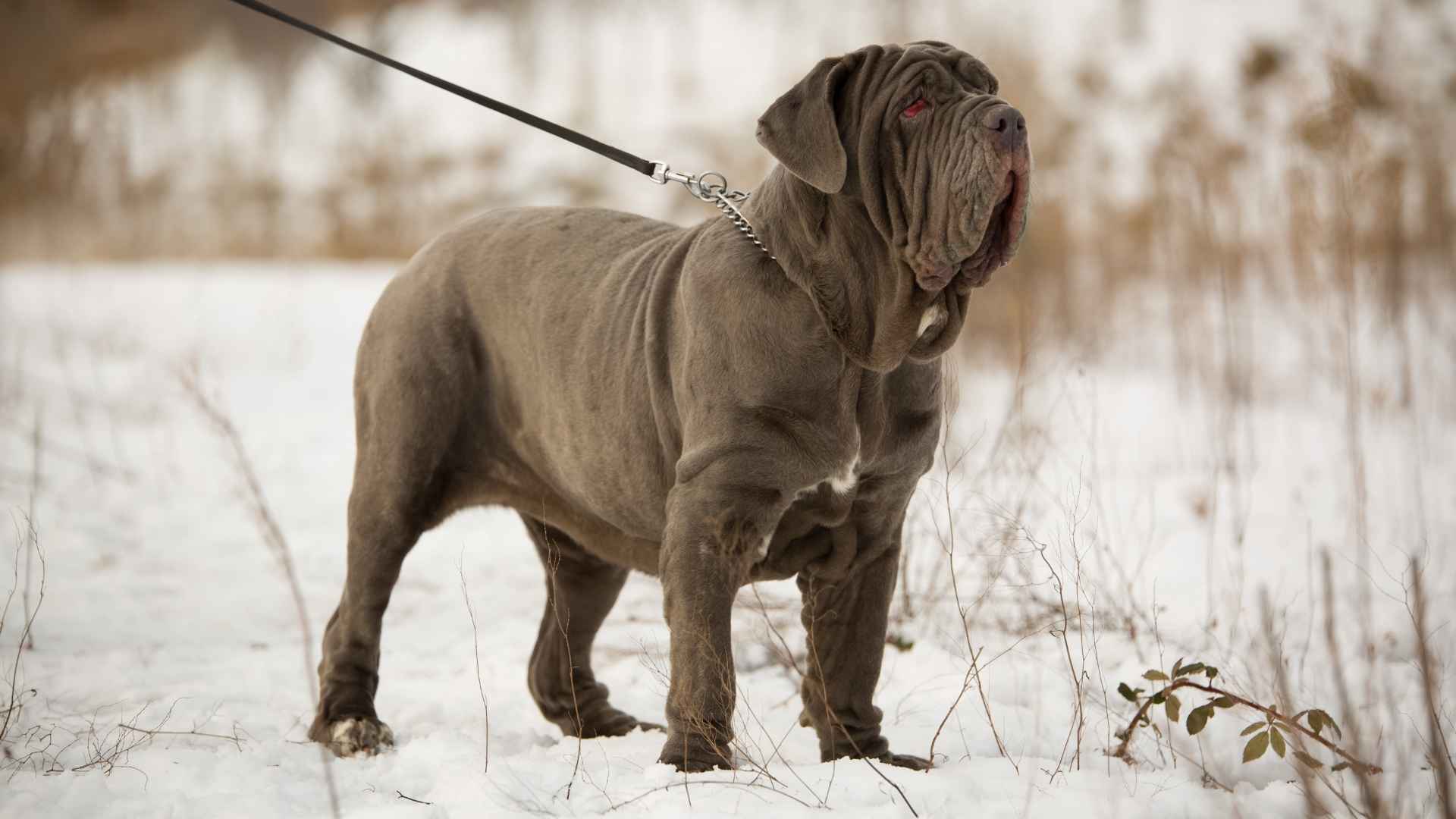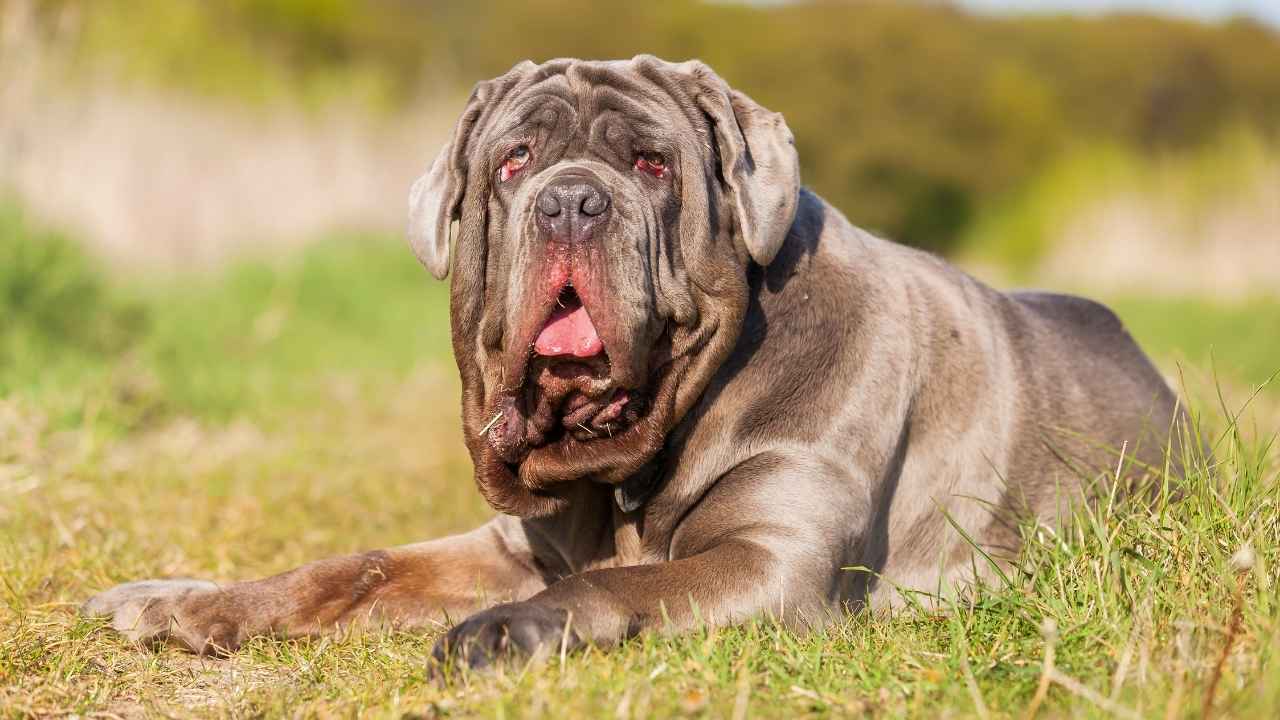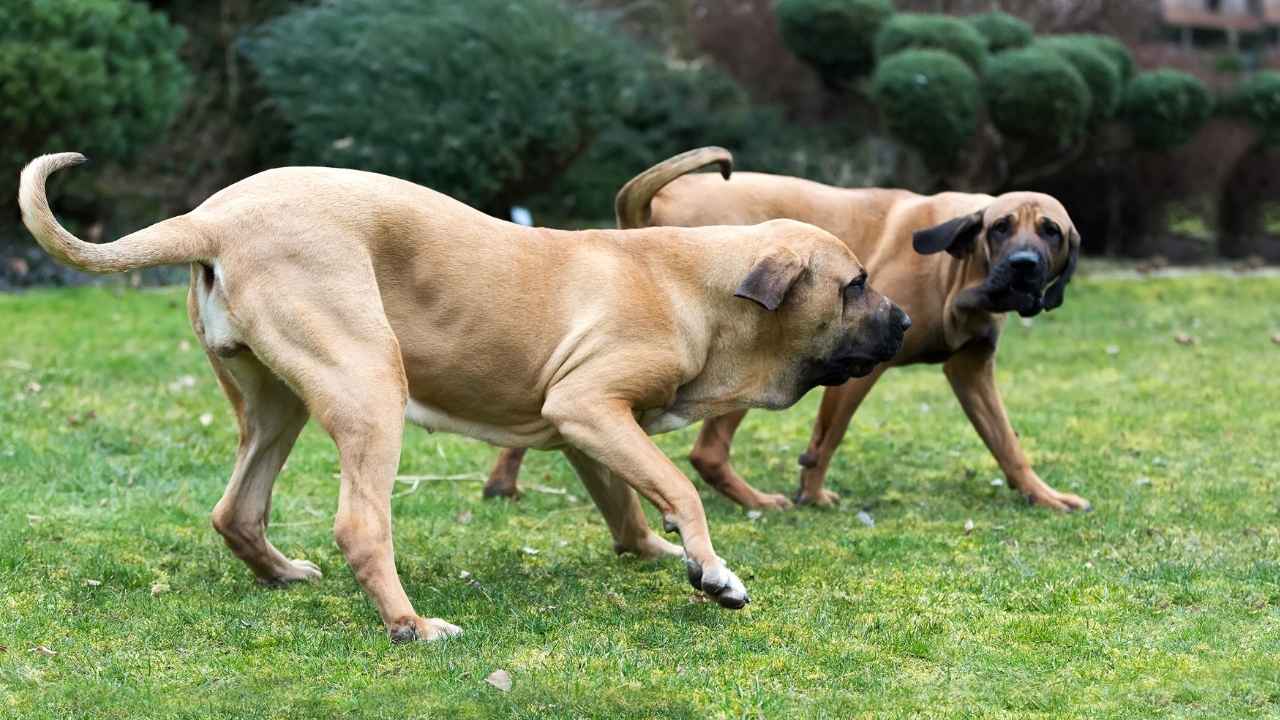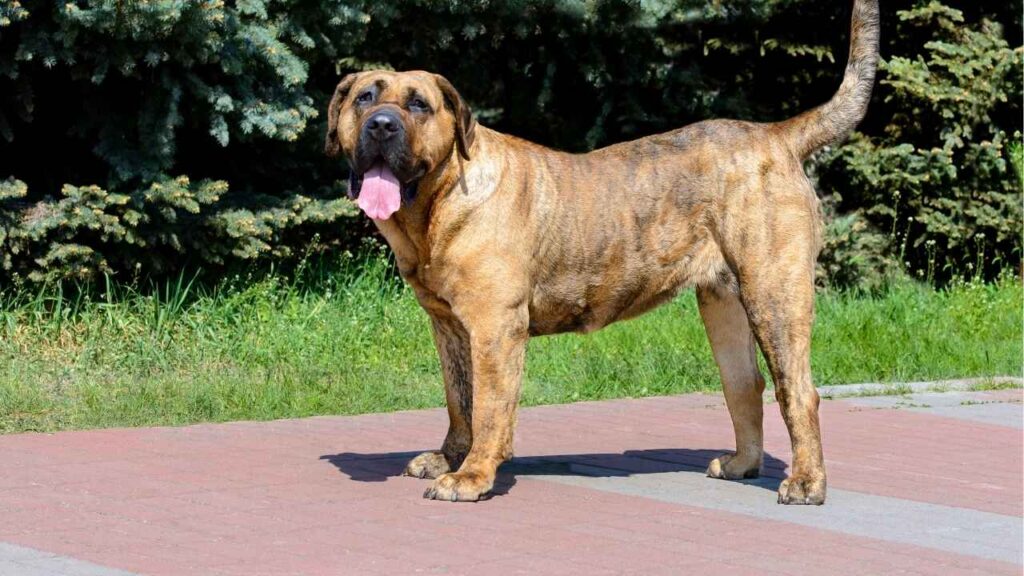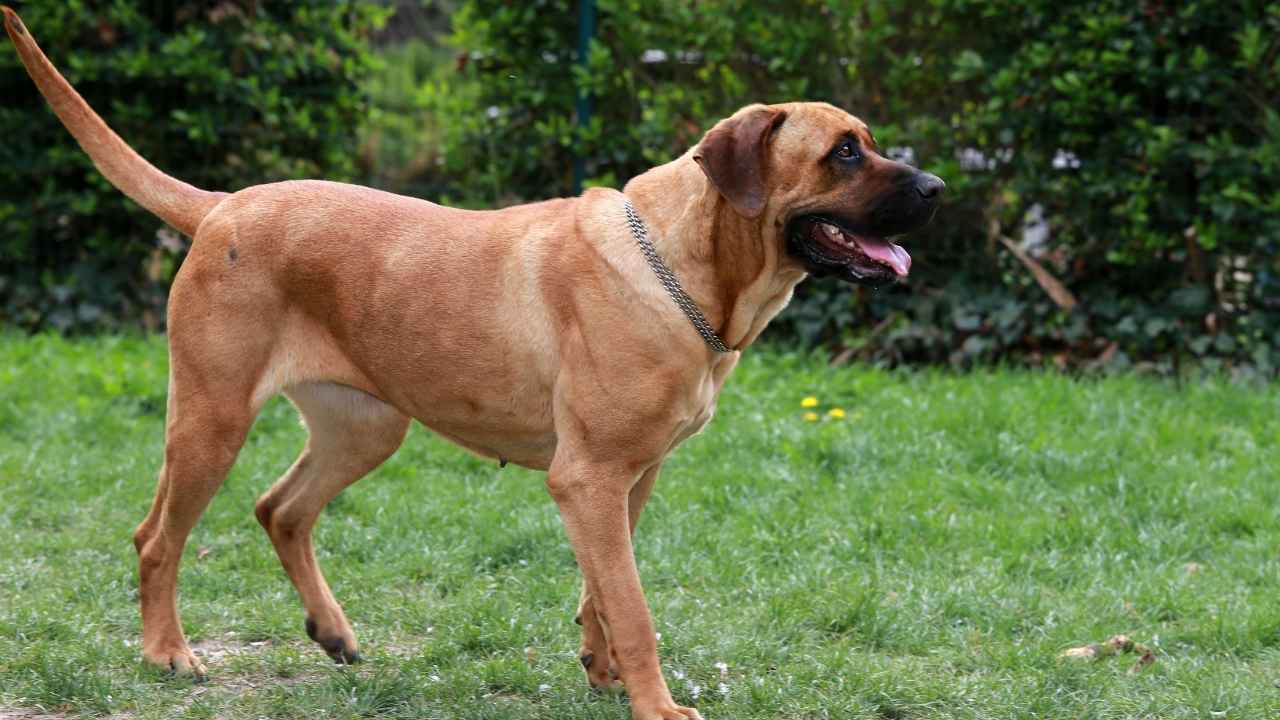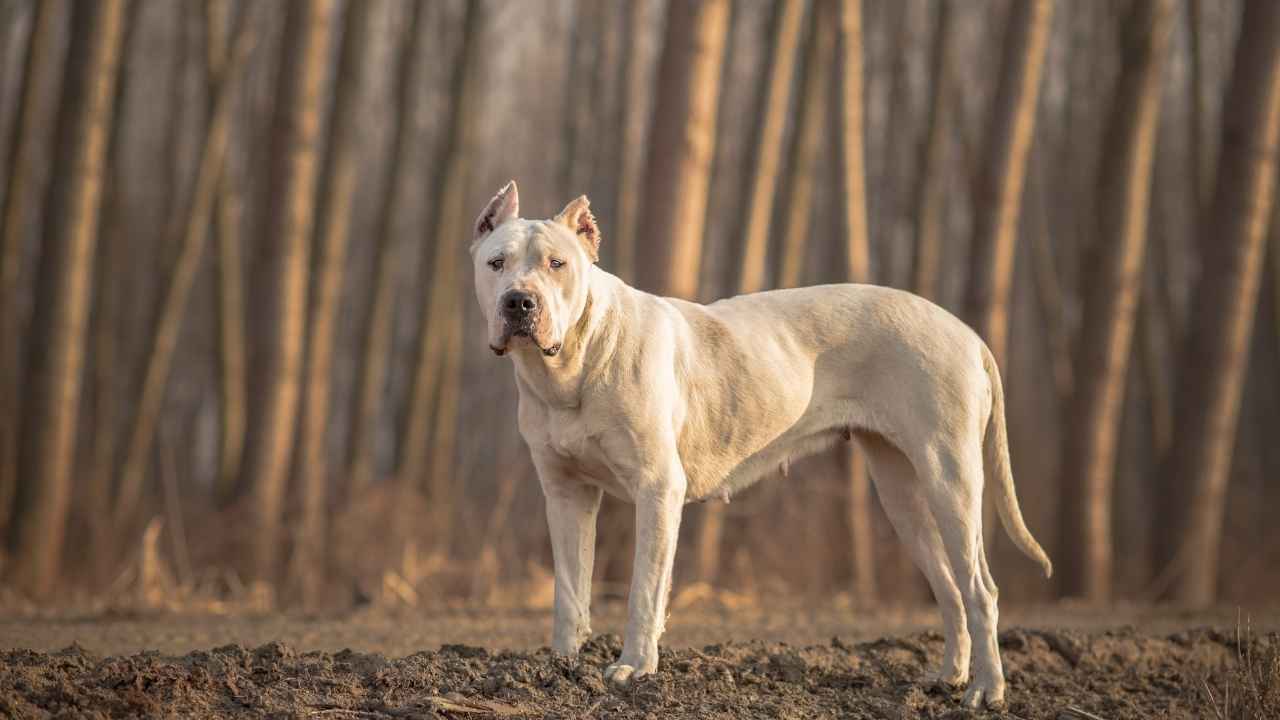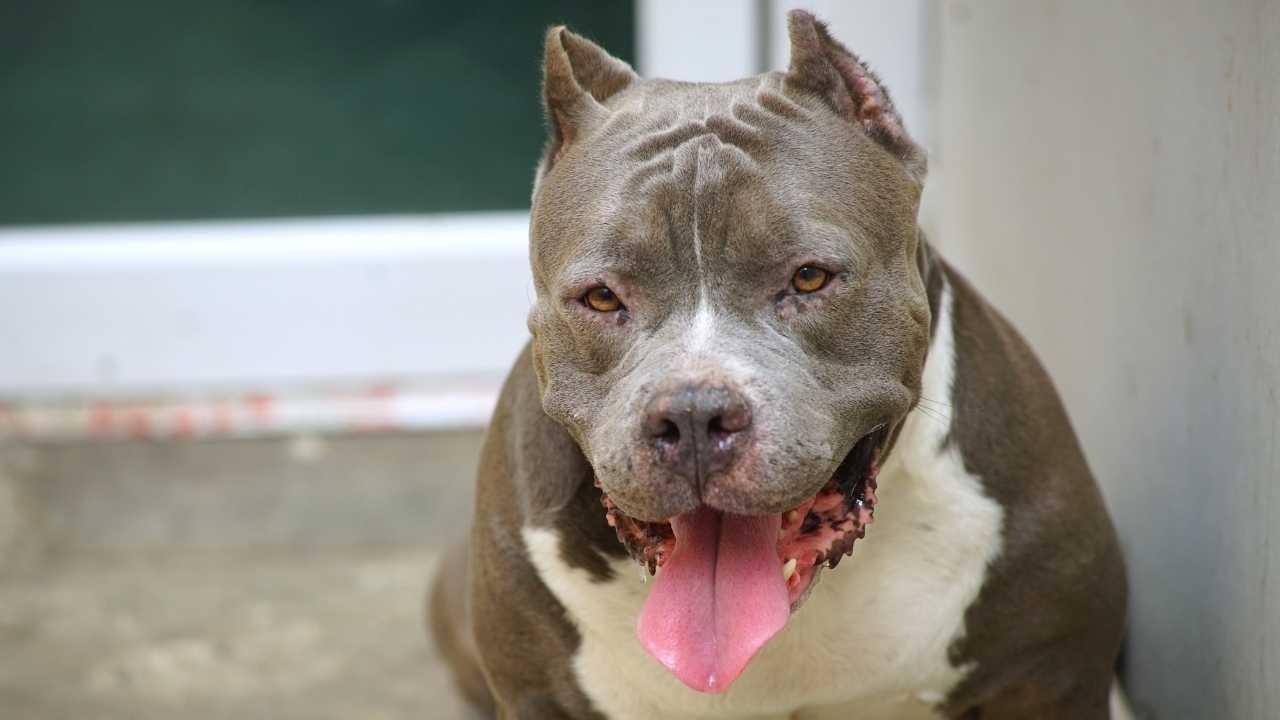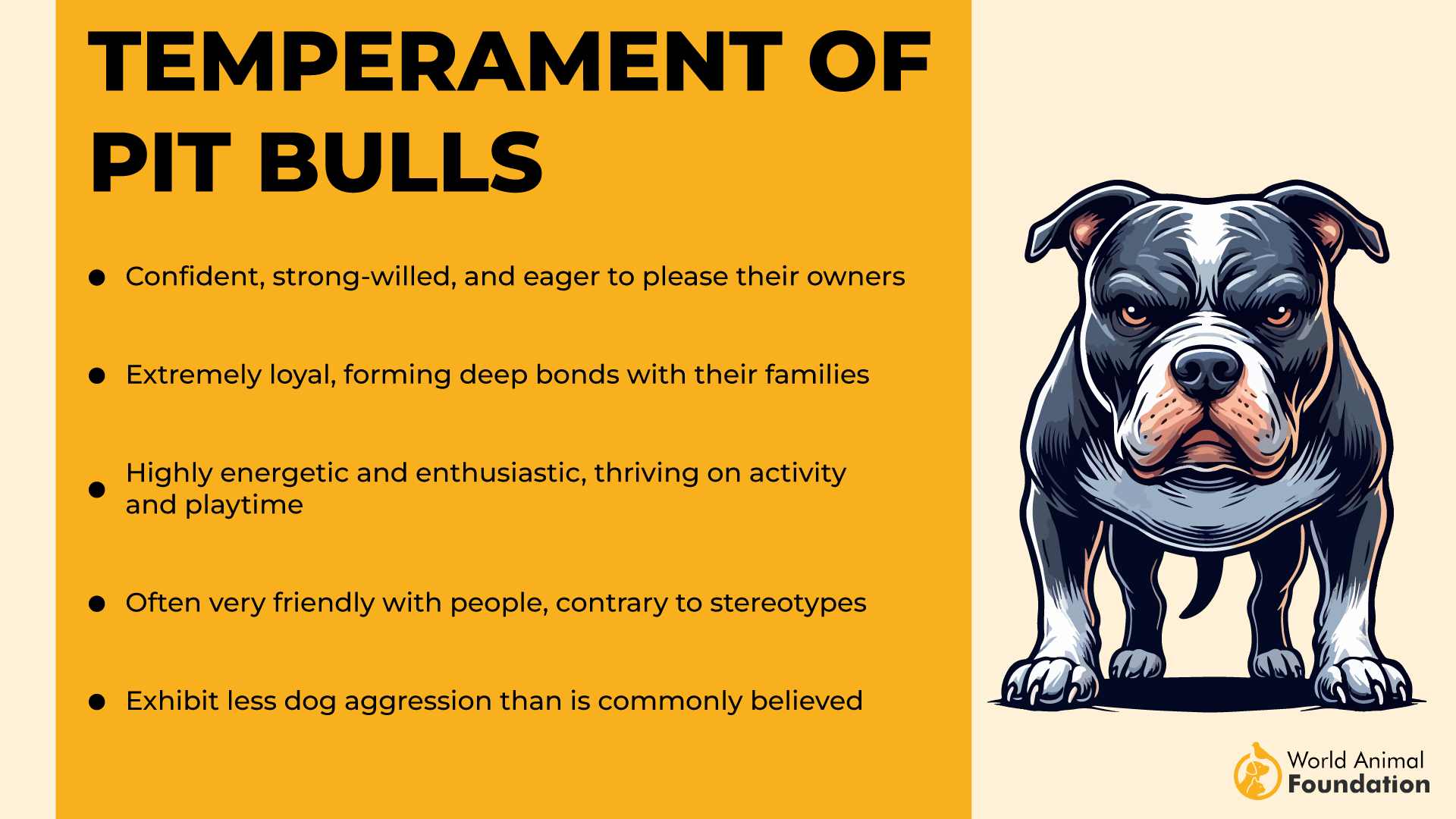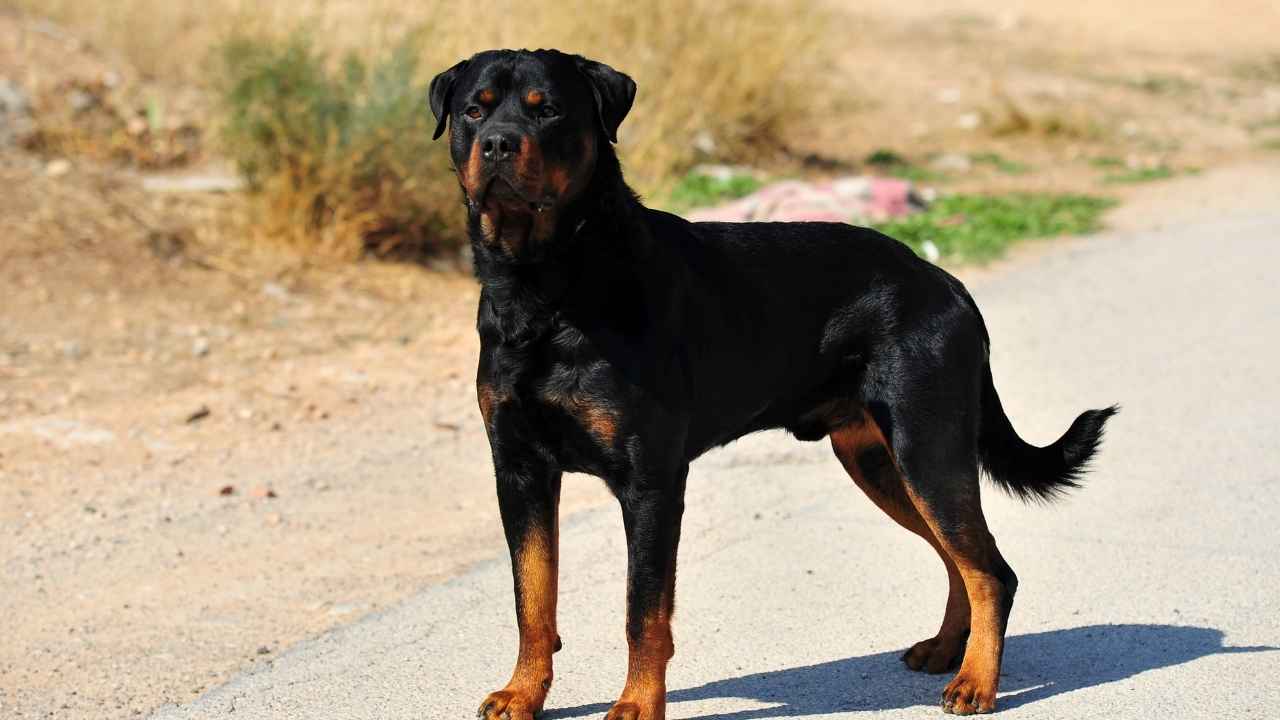Around the globe, numerous dog breeds find themselves entangled in a web of legislation, stigmatized and banned due to perceptions of danger and unpredictability. “7 Illegal Dog Breeds Around The World And Why They’re Banned” delves into the heart of these controversial restrictions, examining the complex interplay of culture, history, and incidents that led to such drastic measures. From American Pit Bull Terriers to Japanese Tosas, this exploration reveals not only the fears and realities that fuel these bans but also the ongoing debates about responsible ownership, breed-specific legislation, and the misunderstood nature of these loyal companions.
Dogs hold a special place in our hearts, serving as loyal companions, protectors, and cherished family members. Yet, in some parts of the world, certain breeds face bans or restrictions—not because of who they are but due to concerns about public safety and specific incidents involving them.
The topic of breed-specific legislation sparks heated debates among dog lovers, animal advocates, and policymakers. While some see these measures as necessary, others argue they unfairly target breeds rather than focusing on responsible ownership.
As someone who appreciates the unique qualities of all dog breeds, our goal is to shed light on this complex issue. This article delves into the world of banned dog breeds, exploring the reasoning behind these restrictions and the impact they have. Whether you’re thinking about adopting, traveling with your dog, or just curious about these laws, let’s take a closer look at the stories behind these controversial regulations.
7 Illegal Dog Breeds
1. Neapolitan Mastiff
The Neapolitan Mastiff, or Mastino Napoletano, is a powerful and imposing breed that has been banned in some countries due to its size, strength, and potential risks if not managed responsibly. Weighing up to 150 pounds, these dogs are among the heaviest in the world and possess deep protective instincts, making them natural guardians. While Neapolitan Mastiffs are not inherently aggressive, their sheer size and strength can lead to serious consequences without proper training and early socialization.
Tragically, incidents involving this breed highlight the importance of responsible ownership. In Georgia, an 11-year-old girl lost her life after being attacked by two family-owned Neapolitan Mastiffs, underscoring the need for proper management of such powerful dogs. Their natural suspicion toward strangers and other dogs can escalate without adequate training, making early socialization critical.
These traits have led to the breed’s ban in Singapore and restrictions in Romania, where potential owners are required to pass a psychological evaluation to demonstrate their capability to care for and handle such a formidable breed.
2. Fila Brasileiro
The Fila Brasileiro, or Brazilian Mastiff, is a strikingly large and powerful breed known for its intense loyalty and strong protective instincts. Originating in the 1400s in Brazil, these dogs were initially bred for farming duties, such as guarding herds and catching predators. However, their history took a darker turn in the 1700s when they were used to track and chase fugitive slaves, a role that has unfortunately shaped their modern reputation for aggression and antisocial behavior.
According to The Sun, due to these perceived traits and concerns over public safety, the Fila Brasileiro is banned in several countries. In the UK, this breed is prohibited under the Dangerous Dogs Act of 1991.
Other nations, including Norway, Malta, Australia, Hong Kong, Cyprus, and Fiji, also ban ownership of this breed unless special exemptions are granted by a court. In Turkey, breeding and owning a Fila Brasileiro is outright illegal, and in Trinidad and Tobago, they are classified as dangerous dogs, which means they cannot be imported, and male Filas must be neutered.
3. Perro de Presa Canario
The Presa Canario is a powerful and loyal breed originally bred for guarding livestock and, at times, dogfighting. Their muscular build and strong territorial instincts make them effective protectors but can also contribute to severe consequences if they attack.
Unfortunately, incidents involving unpredictable behavior and human fatalities have led to concerns about the breed’s safety. While the Presa Canario is recognized by the American Kennel Club, it remains banned in some states across the United States.
However, in several countries, including the UK, New Zealand, Australia, Ukraine, and Singapore, the breed is banned due to its reputation for unpredictability and potential for harm. Despite their balanced temperament when properly trained and socialized, the Presa Canario’s strength and protective nature make responsible ownership and careful management essential.
4. Tosa Inu
The Japanese Tosa, also known as the Tosa Inu, is a powerful breed originally developed in Tosa, Shikoku (modern-day Kōchi), for dogfighting, where it remains the only breed legally used in Japanese dogfighting.
Known for their imposing size, strength, and sumo-like build, these dogs are distinctive for their silence during combat, a trait aligned with the traditions of Japanese dog fighting. Outside the ring, they are generally quiet but can produce a deep, resonant bark when needed.
Although instances of aggression are uncommon, the Tosa’s ancestry, combined with its potential for harm if improperly trained, has led to bans in nearly 20 countries, including the UK, Australia, Denmark, the UAE, and Iceland. Concerns about the breed’s strength and capacity for aggression under reckless ownership underscore the importance of proper training and responsible care for this unique and historically significant breed.
5. Dogo Argentino
The Dogo Argentino is a striking and muscular breed developed in Argentina for big-game hunting. These dogs stand up to 27 inches tall at the shoulder and weigh between 80 to 100 pounds. Known for their intelligence, loyalty, and courage, they are fiercely protective of their families and make energetic companions. However, their strong and dominant temperament requires experienced handling, as improper training or socialization can lead to challenges.
PetMD notes that while Dogo Argentinos are legal in the United States, their reputation has led to bans in several countries, including the U.K., Norway, New Zealand, Australia, Denmark, Fiji, Turkey, Singapore, Iceland, Ukraine, and the Cayman Islands.
In some regions of the U.S., ownership restrictions are also in place. These measures aim to ensure that only capable owners handle this powerful and tenacious breed, highlighting the importance of responsible dog ownership.
6. Pit Bull
Pit bulls are a breed that has faced significant controversy, leading to bans and restrictions in various countries and cities worldwide. Originally bred in England for blood sports like bull and bear baiting, their history as fighting dogs has contributed to their reputation for aggression. Their powerful “hold and shake” bite style can cause severe damage, adding to concerns about public safety.
Despite their controversial image, pit bulls have proven themselves in many positive roles, including police work, search and rescue missions, and even as beloved celebrity pets. Their strength, agility, and trainability make them versatile, but they are often the subject of sensational media coverage focusing on dog fighting and attacks. A study revealed that pit bulls were involved in 66% of fatal dog attacks, fueling ongoing debates about their safety.
In response, 47 countries have implemented restrictions or outright bans on pit bulls to address concerns about their potential for aggression. These measures aim to protect the public and other animals, but they also highlight the need for responsible ownership and proper training to prevent issues.
7. Rottweiler
Rottweilers, originally from Germany, were historically used for herding livestock and pulling carts to market, showcasing their strength and versatility. Renowned for their excellent guarding and herding instincts, Rottweilers are naturally protective and loyal, making them devoted companions when raised with care.
However, as with any breed, responsible ownership is crucial. Without proper training, socialization, and attention, Rottweilers may exhibit unwanted or even dangerous behavior.
The breed’s reputation for strength and protectiveness has sparked debates, with some raising concerns about the potential for aggression if they are not managed properly. As a result, several countries, including the Republic of Ireland, Bermuda, Ecuador, Germany, Israel, Malaysia, Portugal, Poland, and Romania, have imposed bans or restrictions on owning Rottweilers. These measures highlight the importance of responsible breeding, training, and ownership to ensure these intelligent and loyal dogs thrive in a safe and structured environment.
Conclusion
The topic of illegal dog breeds is complex, blending concerns about public safety with the individuality of each dog. While breeds like the American Pit Bull Terrier, Staffordshire Bull Terrier, and American Staffordshire Terrier often fall under scrutiny due to incidents involving dog bites, it’s crucial to remember that responsible ownership plays a significant role in shaping a dog’s behavior. Restrictions on specific dog breeds, such as the XL Bully, highlight the importance of early training, socialization, and responsible care by dog owners.
In many countries, these restrictions are intended to mitigate risks, but it’s worth noting that many other countries approach the issue differently, focusing on responsible ownership rather than banning domesticated animals based on breed. While laws on restricted breeds aim to protect communities, the conversation continues about balancing public safety and understanding the true nature of these banned types. Education and awareness are key to fostering a better relationship between people and their canine companions.
In conclusion, the banning of certain dog breeds across the world often stems from concerns over public safety, highlighted by incidents of aggression, biting, and mauling. Breeds such as Pit Bulls, Rottweilers, and Dogo Argentinos are frequently cited due to perceived or historical tendencies towards violence. However, critics argue that proper training and socialization are critical factors in a dog’s behavior, and blanket bans may unfairly target breeds instead of addressing irresponsible ownership. Balancing community safety with the rights of pet owners remains a complex and controversial issue, requiring nuanced considerations and effective legislation.

